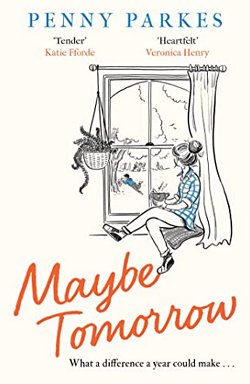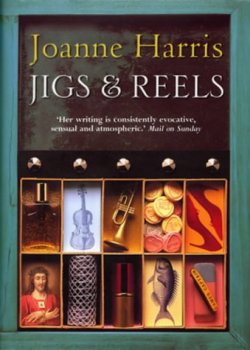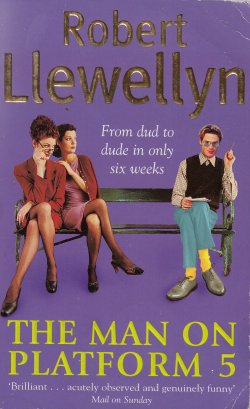 Phil: Post-pandemic fiction is going to be a thing. We all lived through two of the strangest years anyone can remember with the exception of those who can recall the early 1940s.
Phil: Post-pandemic fiction is going to be a thing. We all lived through two of the strangest years anyone can remember with the exception of those who can recall the early 1940s.
Penny Parkes sets her novel in almost the current day. Its protagonist, Jamie Matson, is a single (through choice) mum struggling in a job that doesn’t pay enough to live on. She frequents a foodbank, and through this, acquires a small group of friends.
The whole “working poor” aspect is the crux of the book. That and the lack of a future to look forward to for many people. As the story builds, it could be quite depressing, especially if you are living the hope-free life described.
Fortunately, this being a book, Jamie chances upon an opportunity to become a housekeeper/carer for an elderly couple, Henry and Ruth. Both think she is there to look after the other, but their desire to help people, and the reason for it is gradually revealed.
In fact, gradual reveals are a big part of the book. Jamie’s son, Bo, is described as “different” and a genius artist. Bo is her world and in making sure he is OK is pretty much the only thing Jamie considers. Fortunately, the new home, friends and especially Henry, help him both mentally and physically.
Gradually, the group move forward. Most are looking for jobs, any jobs, in the wrong place. Their passions have been abandoned on the altar of simply paying the bills. Jamie’s backstory includes running her dream, a travel agency for single parents, which involved much travel. Covid killed it, and it seems, although this isn’t entirely made clear, her business partner. She still sees the shop, and it still pains her.
Obviously, she’s not the only one with a difficult backstory. There are deaths, a seriously abusive husband and more business closures making the friends into the people they have become. Even Ruth and Henry have their issues, which gradually develop as the tale unfolds.
This could have been a very depressing book. Were it real life, I suspect it would be, but then no one would buy it. As it is, this is a tale of hope, and a tale that really makes you think. For what appears on the face of it to be a light chick-lit book, there’s a lot of depth here. None of the 513 pages is wasted, there’s no fat in the text, and many times I was identifying with different characters, and also thinking “there but for the grace of god go I”.
And I’d like to be Henry.

 Phil: Short story collections are, sadly in my opinion, out of fashion at the moment. Bucking the trend is Chocolat author, Joanne Harris.
Phil: Short story collections are, sadly in my opinion, out of fashion at the moment. Bucking the trend is Chocolat author, Joanne Harris. Phil: Have you ever looked at the blurb on the back of a book, and thought it might be about you?
Phil: Have you ever looked at the blurb on the back of a book, and thought it might be about you?